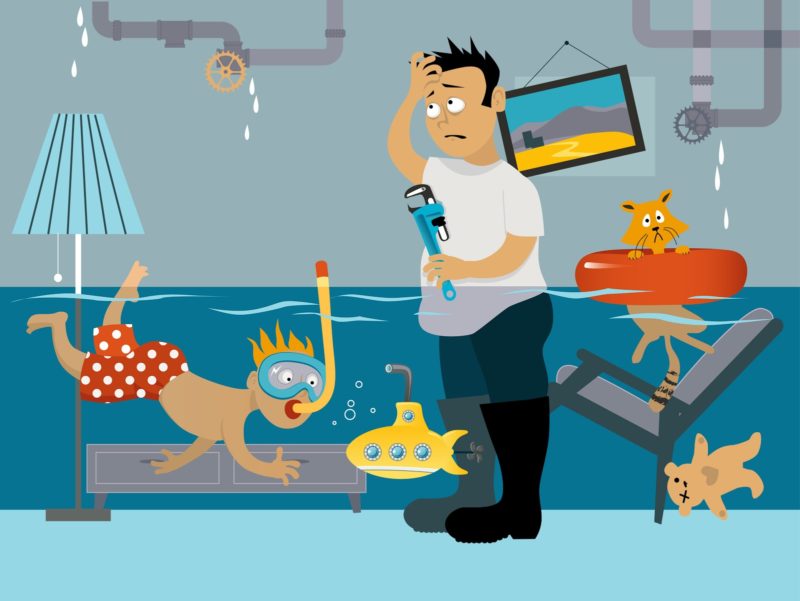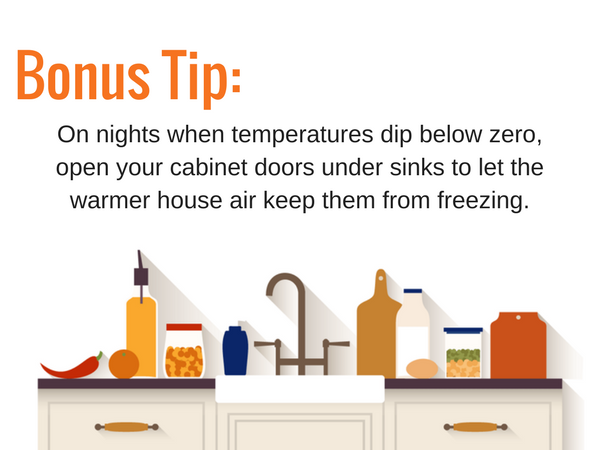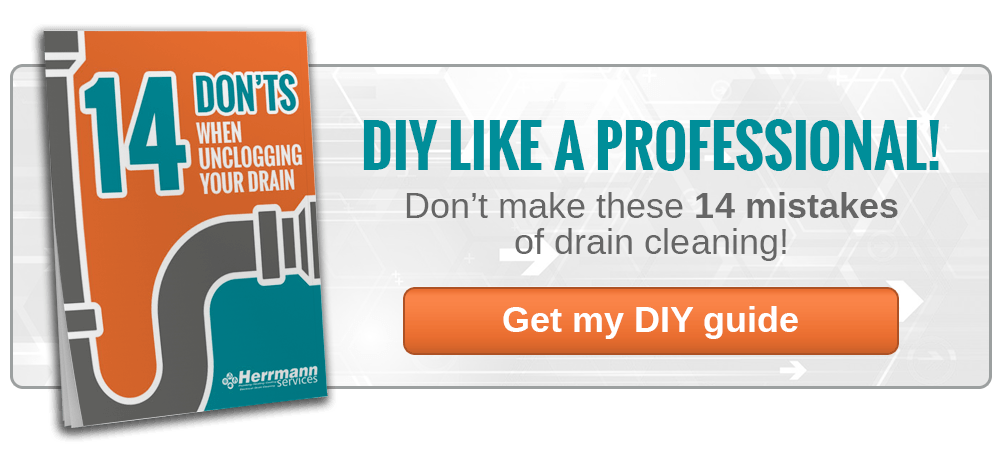5 Preventative Plumbing Tips from the Pros
 When plumbing emergencies happen, they are rarely convenient. The surprise expense, the mess and destruction of your things, not to mention the time it takes out of your workday for a professional to come in and fix it, all add up to frustration and aggravation.
When plumbing emergencies happen, they are rarely convenient. The surprise expense, the mess and destruction of your things, not to mention the time it takes out of your workday for a professional to come in and fix it, all add up to frustration and aggravation.
Luckily, many plumbing emergencies can be avoided. Because emergencies don’t usually happen completely overnight, but rather are a buildup of small problems which eventually cause meltdown, most can be prevented. Our five tips for preventative plumbing will help you steer your pipes away from meltdown mode, so you don’t have to waste any more of your time waiting for the plumber to show up.
Tip 1: Invest in Metal Hoses for Your Dishwasher and Washing Machine
One of the biggest sources of flooding in a home is due to burst hoses on the dishwasher and washing machine. The truth is: the traditional black rubber hoses are just not enough. When they burst, they can cause leaks of up to five gallons per minute! That’s five gallons for every minute you’re not home!
If you want to avoid having an unexpected pool party in your living room, your best bet for plumbing safety is to invest in stainless steel braided hoses, which don’t burst as easily because they are pressure resistant and don’t age as quickly as rubber hoses.
Related Reads: Sump Pump Check: 5 Things to Check to Avoid Water Damage
Tip 2: Don’t Ignore Your Leaky Toilets. They’ll Only Get Worse
It can be tempting to ignore a minor problem when it doesn’t cause much inconvenience or doesn’t seem important enough to call a professional. Leaky toilets are one of those often-ignored small problems that can cause bigger issues down the road, like overflow or constant running of your toilet. This usually happens because there is a buildup of gunk around the valve seat and flapper, which prohibits the flapper from sealing correctly and eventually can result in a broken toilet.
If you know your way around toilet plumbing, you can try to clean the valve yourself. Otherwise, hiring a professional is a very quick and inexpensive process, compared to a completely broken toilet. Plus, if there is anything else wrong with the toilet, the professional plumber will be able to diagnose it correctly for you.
Tip 3: Prevent Pipes from Freezing with Insulation
Prevent frozen pipes by wrapping any pipes on outside walls with insulation. When temperatures dip below zero, as they often do during the winter in Cincinnati, the pipes on the outside walls get the coldest and may freeze. You can pick up pipe insulation very affordably at your local home improvement store.
Tip 4: NEVER Put Fats or Cooking Oil Down the Sink!
Putting fats or cooking oils down the kitchen sink is a recipe for disaster. Although you may think it’s the most efficient way to get rid of oils, it actually causes lots of harm to your plumbing system. The now-liquidy fats can solidify in your cold pipes, which creates clogs and big problems for you in the future.
However, it’s impossible to keep completely ALL oil out of the sink– we know that. To maintain your kitchen sink, pour near boiling hot water down the drain occasionally. This should melt any leftover oils from last night’s dinner pans in a jiffy.
Tip 5: Become Friends with Your Main Water Shut-off Valve
The main water shut-off valve is the valve which controls all of the water intake into your home. Knowing where it is and how to turn it off could save you lots of heartache in an emergency situation. The best way to prevent emergencies when you are away from home for an extended period of time is just to shut off your main water valve.
Also, to make sure your main water shut-off valve is operating correctly, open and shut it occasionally so that you know it’s not stuck and that, in an emergency situation, it will work.
Related Reads: Why You Need to Inspect Your Home’s Plumbing
Doing little things to prevent emergencies may seem time-consuming and inconvenient, but it is nothing compared to the cost and time-suck that a real plumbing emergency creates. In the end, we think it’s definitely worth it.

